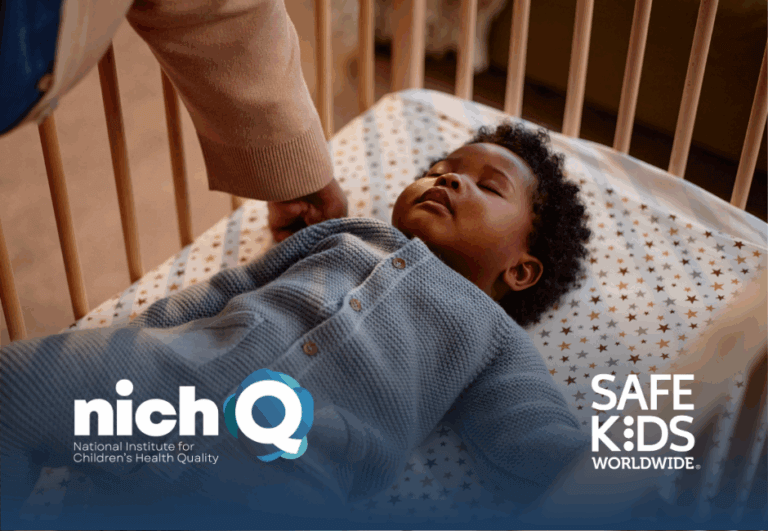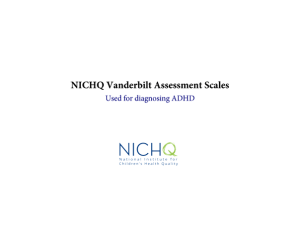PARENTS & CAREGIVERS
Where every child
achieves their
optimal health
This is the world we envision. And we’re making it happen by centering parents, caregivers, and families in projects that address gaps in care and opportunities to increase community and family engagement.
NICHQ and PARENTS & CAREGIVERS
Championing improved care for mothers, parents, and their families
Caring for a child is one of the most rewarding and simultaneously challenging experiences – parents and caregivers all want their child to grow to be healthy and happy. It can be challenging to find trustworthy information and resources.
At the National Institute for Children’s Health Quality, we have supported community-based organizations, hospital systems, and health departments to improve care across the maternal and child health discipline.
Our dedicated staff – with degrees in clinical medicine, epidemiology, and public health – understand that to improve the quality of care and reduce maternal mortality and morbidity, there are no quick fixes. It takes dedicated, consistent effort at many different levels to produce lasting results.
Because we are deeply committed to our mission, we offer a variety of open access resources, in the form of awareness campaigns, podcasts, webinars, and more. This page is curated for parents and caregivers who are interested in up-to-date resources about maternal and child health topics, from maternal mental health to supporting fathers. Use these resources in your life and share with friends and family to facilitate conversations in your community.
Resources by Topics and Tags
How NICHQ Can Serve You

Get CORAL for your organization
Does your organization need an all-in-one collaborative communication hub? Whether you’re looking to improve internal communications or to serve your clients, check out getting a CORAL of your own!

Get CORAL for your organization
Does your organization need an all-in-one collaborative communication hub? Whether you’re looking to improve internal communications or to serve your clients, check out getting a CORAL of your own!

Get CORAL for your organization
Does your organization need an all-in-one collaborative communication hub? Whether you’re looking to improve internal communications or to serve your clients, check out getting a CORAL of your own!
Webinars for Parents & Caregivers

Keeping Our Babies Safe
Join NICHQ and Safe Kids Worldwide for an upcoming webinar featuring maternal and child health experts and community advocates who will share their experience and strategies for promoting infant safe sleep

Maternal Depression
Webinar about the effects of maternal depression on early childhood and strategies for intervention.

Recognizing the Value of Our Presence
Watch Recognizing the Value of Our Presence, a national MCH webinar highlighting NICHQ’s Community-Centered Hospital Initiative (CCHI).

Sickle Cell Disease Treatment Demonstration Program Webinar
Learn about the impact of the 2014-2017 Sickle Cell Disease Treatment Demonstration Program Webinar (SCDTDP), which marked the first time in U.S. history that improvements in SCD care were tackled on a large, regional, and national scale.
Top resources for parents & caregivers
We’ve highlighted these specific resources for their relevance, popularity, and usefulness for parents and caregivers.
NICHQ News
Stay in the Loop
Get notified of new resources, initiatives, webinars, and podcast episodes directly in your inbox with our monthly newsletter.
NICHQ projects centering family voices
Learn about active and recent projects that engage parents and caregivers.






